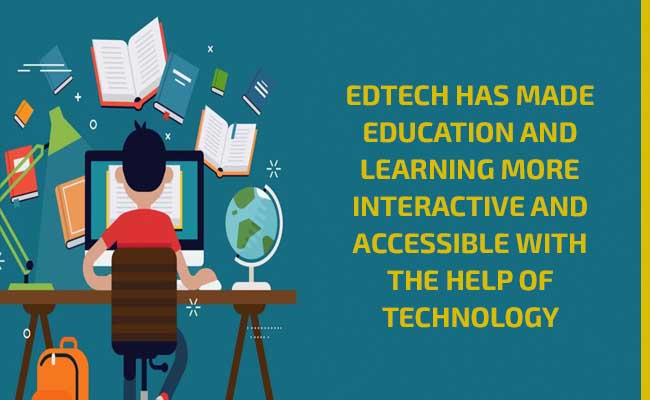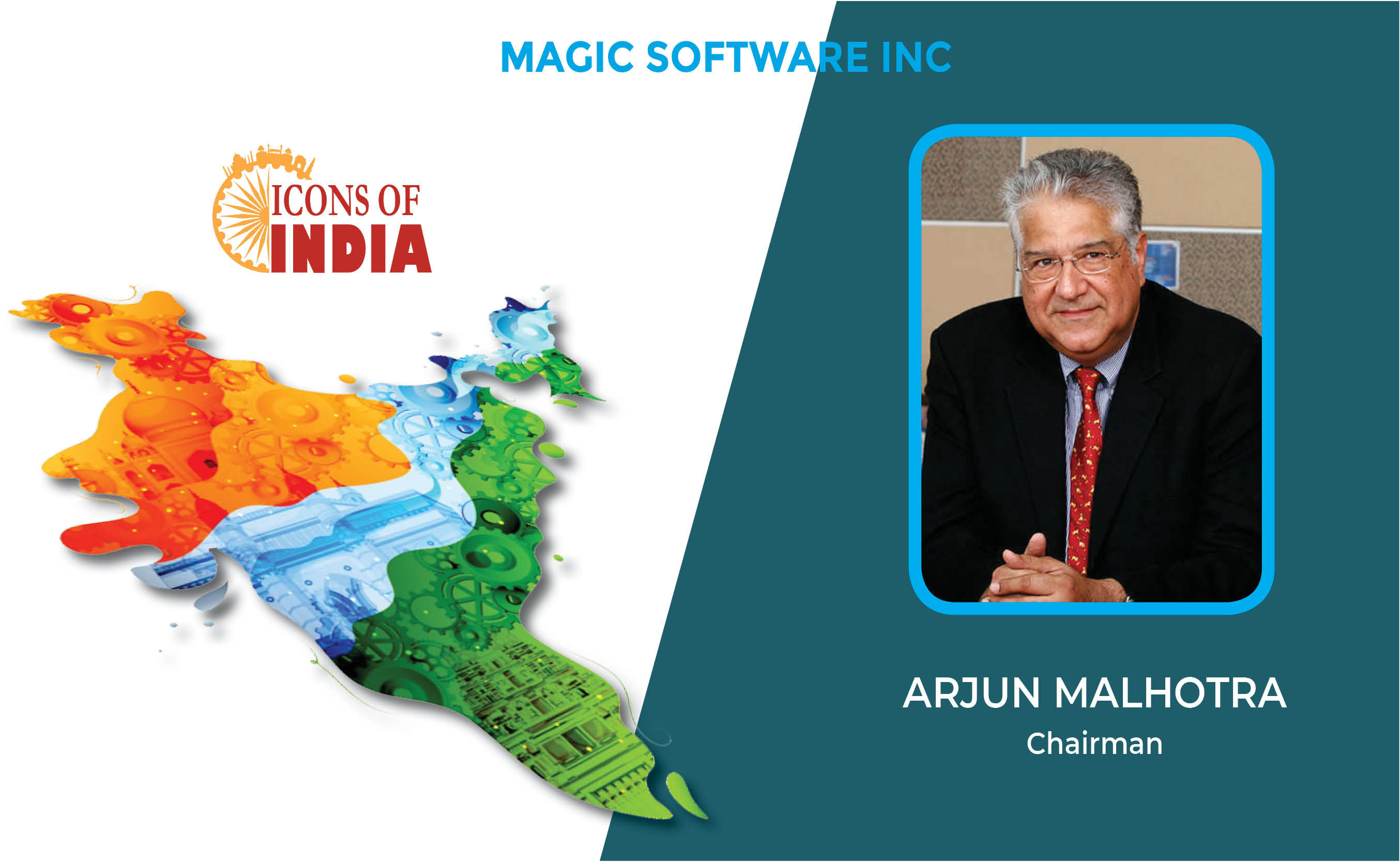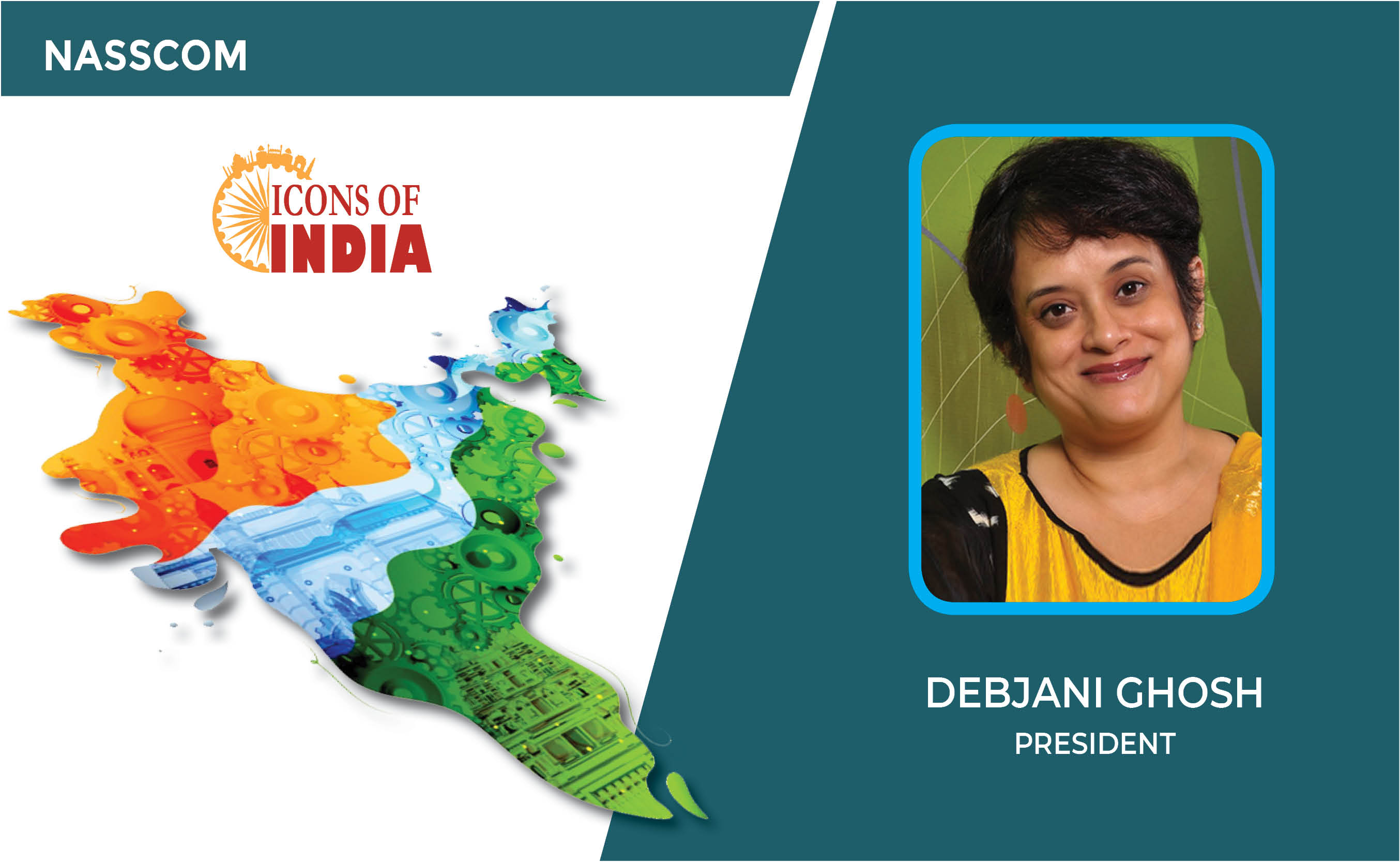Edtech has made education and learning more interactive and accessible with the help of technology
By MYBRANDBOOK

The last 2 years of lockdown have rapidly accelerated the growth of digital learning, as students worldwide switched to online lessons, homework and exams. The Covid-19 pandemic has set off a golden era for India’s ed-tech startups, which has also brutally exposed the huge digital divide that’s deprived countless millions of access to education. Spending on technology products (including personal computers, smartphones, tablets, wearables) is set to increase in 2022 also.
Digital learning has an incredible potential to increase access to education for students of all ages, especially those in more remote areas. When you’re online, it doesn’t matter if you’re a boy or a girl, wealthy or poor, urban or rural: you receive the same quality of teaching, which should promote greater equity. India’s National Education Policy (NEP) 2020, for example, has a range of ambitious goals to expand digital teaching and learning, which, along with the rise of ‘EdTech’ companies, aims to make technology a central part of schools, universities and other institutions.
There are especially exciting possibilities for more personalized learning based upon individual needs, including greater vernacular content suited to students from different regions. At the same time, a survey in India says that more than 82 percent of students had forgotten basic mathematics and over 92 percent had lost their core language skills during COVID-19.
Edtech has made education and learning more interactive and accessible with the help of technology. There is growth and opportunity in augmented and virtual (AR/VR) technology and education. And this is primarily for K-12 and universities because it allows for immersive types of digital platforms and classrooms for educators and universities to build communities virtually and digitally. And it helps bridge opportunity gaps or gaps in how their students learn or access opportunities that they would not normally have. So it is expected that it is going to be a very, very big market.
However, the quality of online education being imparted by Indian ed-tech firms has come under a scanner as several smaller ventures offer more than they can deliver. This has led many parents to distrust such platforms. Recently, an edtech unicorn Unacademy has laid off around 1,000 employees in the past few weeks as part of a cost-cutting exercise, raising many questions about the future of the Edtech Industry.
Once that shake is done, people will realise they have over-invested in the space. “At the end of the day, there are only so many apps one person can use for education. Eventually, there will be two or three winners in every category, and everyone else will die down. Another impact is for the low hanging fruits, such as blockchain: it is very likely that the pandemic will accelerate the adoption of digitally and portable verifiable credentials and degrees thanks to blockchain, just because people have realized that it can be more efficient and useful for people when our societies are blocked, and the solution is more or less ready.


Legal Battle Over IT Act Intensifies Amid Musk’s India Plans
The outcome of the legal dispute between X Corp and the Indian government c...

Wipro inks 10-year deal with Phoenix Group's ReAssure UK worth
The agreement, executed through Wipro and its 100% subsidiary,...

Centre announces that DPDP Rules nearing Finalisation by April
The government seeks to refine the rules for robust data protection, ensuri...

Home Ministry cracks down on PoS agents in digital arrest scam
Digital arrest scams are a growing cybercrime where victims are coerced or ...


Icons Of India : Arjun Malhotra
Arjun Malhotra, the Chairman of Magic Software Inc., is widely recogni...

Icons Of India : Debjani Ghosh
Debjani Ghosh is the President of the National Association of Software...

Icons Of India : CP Gurnani
Former Managing Director and CEO of the well-known IT service company ...


HPCL - Hindustan Petroleum Corporation Ltd.
HPCL is an integrated oil and gas company involved in refining, market...

C-DAC - Centre for Development of Advanced Computing
C-DAC is uniquely positioned in the field of advanced computing...

ITI - ITI Limited
ITI Limited is a leading provider of telecommunications equipment, sol...


Indian Tech Talent Excelling The Tech World - ANJALI SUD, CEO – Tubi
Anjali Sud, the former CEO of Vimeo, now leads Tubi, Fox Corporation�...

Indian Tech Talent Excelling The Tech World - JAYASHREE ULLAL, President and CEO - Arista Network
Jayshree V. Ullal is a British-American billionaire businesswoman, ser...

Indian Tech Talent Excelling The Tech World - Soni Jiandani, Co-Founder- Pensando Systems
Soni Jiandani, Co-Founder of Pensando Systems, is a tech visionary ren...
 of images belongs to the respective copyright holders
of images belongs to the respective copyright holders